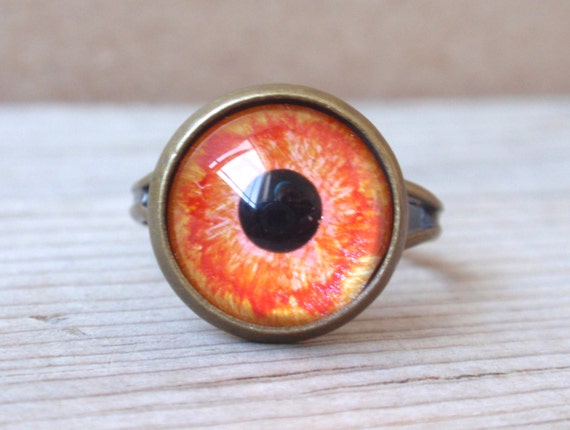
For most people, they are mild and do not cause intense discomfort. These side effects usually go away as your pupils start to reduce in size. The eye drops the doctor uses may sting for a few seconds after they are applied. If you try to focus on nearby objects, it can be difficult.īright lights can cause discomfort since your eyes will be very light sensitive. Once your eyes are dilated, it is common for your vision to be blurry. What Are the Side Effects of Eye Dilation? How long your eyes remain dilated depends on you and how you respond to the eye drops the doctor uses. Consider getting a ride home from the doctor, and make sure you have sunglasses to reduce the light sensitivity that is common when your pupils are dilated. If you are having eye dilation performed for the first time, you should plan to experience dilation for at least six hours. Cyclopentolate is an example of this type of eye drop. It also relaxes the muscles that allow the pupil to become smaller.

The second type that is used relaxes the muscle that is responsible for the eye lens focusing. Phenylephrine is an example of this type of eye drop. One of the drops used causes the muscles that control the pupil to contract so the pupil becomes larger. The doctor usually inputs two types of drops into your eyes to dilate your pupils. The exact eye drops the doctor uses impact how long your eyes remain dilated. The average dilation lasts four to six hours. This allows them to better visualize your macula, retina, and optic nerve.
YELLOW RING AROUND PUPIL FULL
Once your pupils achieve full dilation, your doctor will examine your eyes using a magnifying lens. If your eyes are lighter in color, they tend to dilate faster than brown eyes. You have diabetes or other health issues that can affect your eye health.įor eye dilation, or mydriasis, your doctor inputs eye drops, and it takes 20 to 30 minutes for your pupils to achieve full dilation.You are Hispanic or African American, which means you have an increased glaucoma risk.You have a history of retinal detachment or other eye issues that affect the structures at the back of your eye.The following may impact the schedule your doctor recommends: For those with relatively good overall health, your doctor may only recommend it when you have routine eye examinations. How often you need to have your pupils dilated will depend on several factors. The doctor will input eye drops that work to widen your pupils. No matter the reason for the dilation, it is performed in the same manner. Eye pressure getting abnormally high is the typical cause of the damage.Įye dilation may be done as part of a comprehensive eye examination or to look for an acute injury, such as a retinal detachment. Glaucoma: There are different types of glaucoma that result in damage to the optic nerve.It can result in vision loss that is irreversible.

YELLOW RING AROUND PUPIL HOW TO
Your doctor will provide you with instructions on how to care for your eyes until the effects of the dilation wear off. But when your eyes are dilated, you may feel somewhat uncomfortable since your eyes have far less protection against light. The actual dilation of your eyes does not cause discomfort. While the exact timeline will vary, you generally have to wait at least a few hours for the effects to wear off. It takes approximately 30 minutes for the pupils to dilate enough for the doctor to perform the eye examination.Įveryone reacts differently to the eye drops used to dilate the eyes. Doing this allows the doctor to look at your retina and optic nerve to determine their level of health.įor most people, their eyes remain dilated for four to six hours.


 0 kommentar(er)
0 kommentar(er)
